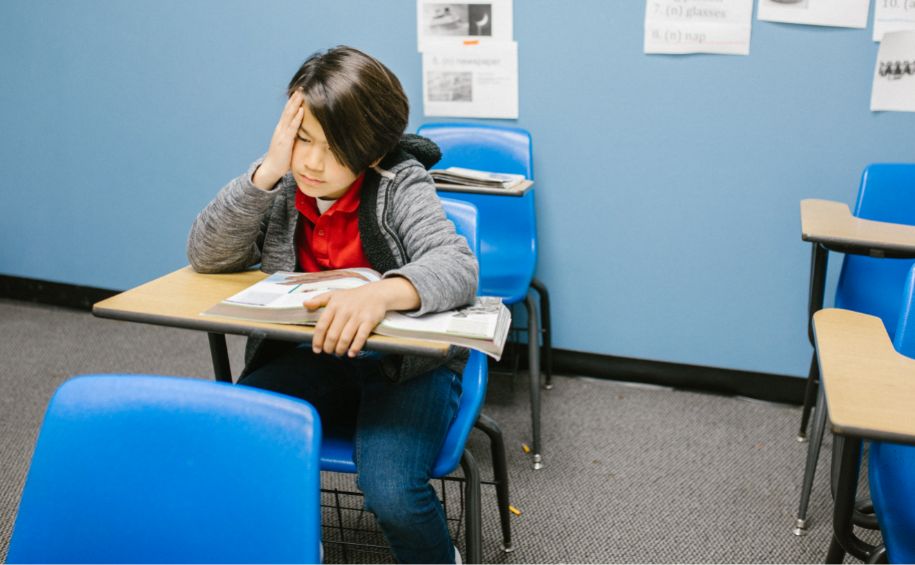Call Today to Speak with an Attorney (704)-635-6278
Back to school custody situations following a summer divorce

It is back to school time for children across North Carolina. Some kids may be excited to head back to the classroom while others may wish summer lasted just a little bit longer. But the new school year may look different than years past if a child’s parents divorced over the summer.
The parents and child will have to adjust to new living arrangements which may be different from the custody scheduled followed during the summer. It is an adjustment, but one that can be handled successfully if parents understand the basic facts about child custody in North Carolina.
Legal custody in North Carolina
There are two types of child custody in North Carolina: legal custody and physical custody. Legal custody involves a parent’s right to make key life decisions on behalf of their child. For example, legal custody gives a parent the right to make healthcare decisions on behalf of the child, decide where the child will go to school and what decide what religion the child will participate in.
Parents oftentimes share joint legal custody. This means they both have the right to make major decisions regarding the child’s life. This also means, however, that they must consult one another when making these decisions and come to a mutual agreement about the topic at hand.
If only one parent has sole legal custody, they can make these decisions by themselves without having to consult the child’s other parent.
Physical custody in North Carolina
Physical custody involves which parent the child will live with and when. Like legal custody, parents can share joint physical custody, wherein the child spends approximately 50% of their time with each parent.
However, true 50/50 living arrangements are often not feasible due to geography and other factors, and it is more common for one parent to have sole physical custody of the child and the other parent will have visitation rights.
For example, the child may spend most of their time living with the parent who has sole physical custody and have visitation periods with the other parent on alternating weekends and one night a week for dinner. Or one parent may have sole custody during the school year, while the other parent has visitation during the summer.
Sole physical custody and visitation arrangements can take many forms based on the child’s needs and the parents’ job schedules and the proximity of each parent’s home.
The best interests of the child will prevail
Ultimately, when it comes to child custody decisions the primary focus will be on the best interests of the child. When parents in North Carolina can put their differences aside and cooperate both during the divorce process and afterwards, the future can look brighter for all involved.


